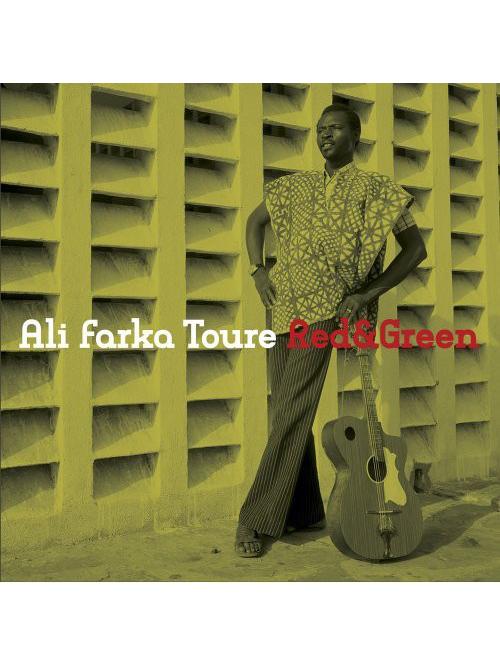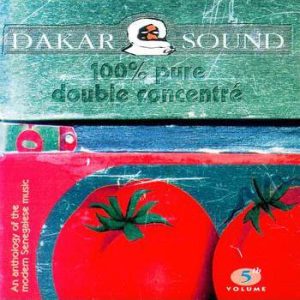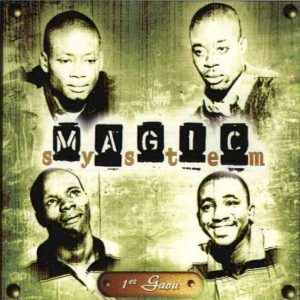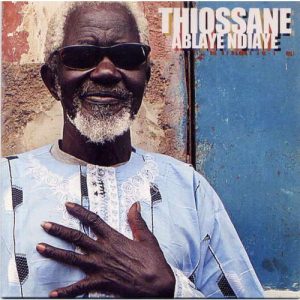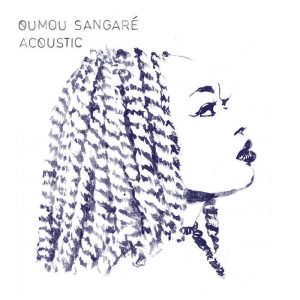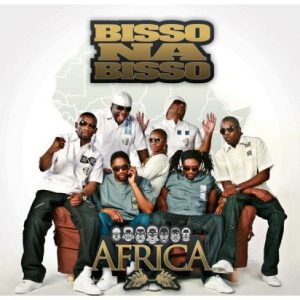Beschrijving
By the mid-`90s, Malian guitarist Ali Farka Touré was expanding his signature acoustic African blues by changing his instrumental palette and collaborating with Western musicians like Ry Cooder (as on 1994`s Talkin` Timbuktu). While Touré gained prominence during this period, many die-hard fans tout the artist`s earliest work as his strongest. The double-disc set Red & Green brings together two albums originally released by the French label Sonodisc between the mid- and late `80s. The original vinyl versions were long out of print and difficult to find, until their issue here on Nonesuch. Both albums are entirely acoustic (Touré didn`t introduce an electric guitar until 1991`s The Source), with minimal accompaniment on calabash and ngoni (a traditional four-string guitar), which perfectly complements Touré`s percussive guitar style and plaintive, keening vocals. The music bears a striking resemblance to the modal blues of American artists like Son House and John Lee Hooker, yet it is deeply West African, with scales and motivic flourishes indigenous to the culture, and lyrical themes that reflect Touré`s life in rural Mali. Red & Green is a must for Touré fans: a blissful, early dose of this singular artist`s superb music.
A set of two albums from 1984 and 1988, previously unavailable on CD and nicely presented in a slip-case, the “Red” and “Green” albums from Mali singer/guitarist Ali Farka Toure. The “Red” is the album that BBC Radio 3`s Andy Kershaw found in a bargain bin in Paris, when Ali was a nobody. This discovery convinced him to implore World Circuit`s Anne Hunt to help find him and bring him to London, which they did, launching Ali`s career. This is rootsy music, rather more carefree and urgent than the relaxed and sophisticated Talking Timbuktu he made with Ry Cooder some time later. The same ingredients are there though – the improvisatory yet lyrical bluesy guitar and the determined mournful voice backed by Hammer Sankare`s sympathetic vocals and sparse yet insistent calabash percussion tapping out mesmeric rhythms that give the music a forward impetus. On the “Green” album we also hear the traditional n`goni guitar and some rapid-fire vocals.
De muzikale ingrediënten die Touré op `Sidi Gouro` aanreikt, worden ook (her)gebruikt op de andere songs. Alle hebben ze dezelfde sobere instrumentale begeleiding van calabash en gitaar, waarbij Touré steeds kleine riffjes, doorspekt met arpeggio`s, blijft herhalen en daardoor een soort trance-effect bereikt bij zichzelf of bij de luisteraar – of bij allebei. De calabash-partijen zijn niet altijd even indrukwekkend – soms zijn ze niet meer dan wat lukraak getik, zoals op `L`Exode` –, maar op bijzonder sterke tracks als `Laleïché` en `N`timbara` bewijst calabash-speler Hammer Sankare dat zijn ritmepartijen ook zeer dynamisch kunnen klinken en dat ook hij een essentiële rol speelt in het `Ali Farka Touré`-geluid.
De twee cd`s van `Red & Green` zijn misschien wat van het goede te veel: Touré`s gitaarspel en melodieën kunnen na verloop van tijd een nogal monotone indruk maken. Maar wie `Red & Green` met mate consumeert, zal in zijn muziek een eerlijke, pure en volledig originele stem uit het Afrikaanse continent horen.
0

